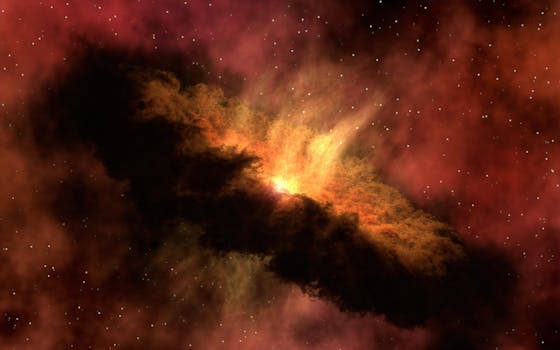
From Exoplanets to Dark Matter: The Latest Discoveries in Space Science
Focus Keyword: Space Science
Space Science From Exoplanets to Dark Matter: The Latest Discoveries in Space Science. The universe is full of mysteries waiting to be unraveled, and space science is at the forefront of this endeavor. Recent discoveries have shed new light on the existence of exoplanets, dark matter, and other phenomena that have long fascinated astronomers and scientists. In this article, we will delve into the latest findings in space science and explore the implications of these discoveries.
Exoplanets: The Search for Life Beyond Earth
The discovery of exoplanets, which are planets that orbit stars other than the Sun, has been a major breakthrough in space science. Over 4,000 exoplanets have been discovered so far, and many of these planets are believed to be located in the habitable zones of their respective stars, where conditions are suitable for life to exist. The search for life beyond Earth is an ongoing effort, with scientists using advanced telescopes and other technologies to study the atmospheres of exoplanets and search for signs of biological activity.
Dark Matter: The Mysterious Component of the Universe
Dark matter is a mysterious component of the universe that makes up approximately 27% of its mass-energy density. Despite its elusive nature, dark matter plays a crucial role in the formation and evolution of galaxies, and its presence can be inferred by its gravitational effects on visible matter. Scientists have proposed various theories to explain the nature of dark matter, including the existence of WIMPs (Weakly Interacting Massive Particles) and axions. However, more research is needed to fully understand the properties of dark matter and its role in the universe.
Recent Advances in Astronomy
Recent advances in astronomy have enabled scientists to study the universe in unprecedented detail. The Square Kilometre Array (SKA) telescope, for example, will be the world’s largest radio telescope when completed, and will allow scientists to study the universe in greater detail than ever before. Other advances, such as the development of advanced spectrographs and the use of artificial intelligence in astronomy, are also helping to drive progress in the field.
The Role of NASA in Space Science
NASA (National Aeronautics and Space Administration) plays a crucial role in space science, with a wide range of missions and research programs aimed at exploring the universe and understanding its many mysteries. From the Hubble Space Telescope to the Curiosity Rover, NASA’s missions have helped to expand our knowledge of the universe and have paved the way for future discoveries. NASA’s ongoing and planned missions, such as the James Webb Space Telescope and the Wide Field Infrared Survey Telescope (WFIRST), will continue to drive progress in space science and help us to better understand the universe.






